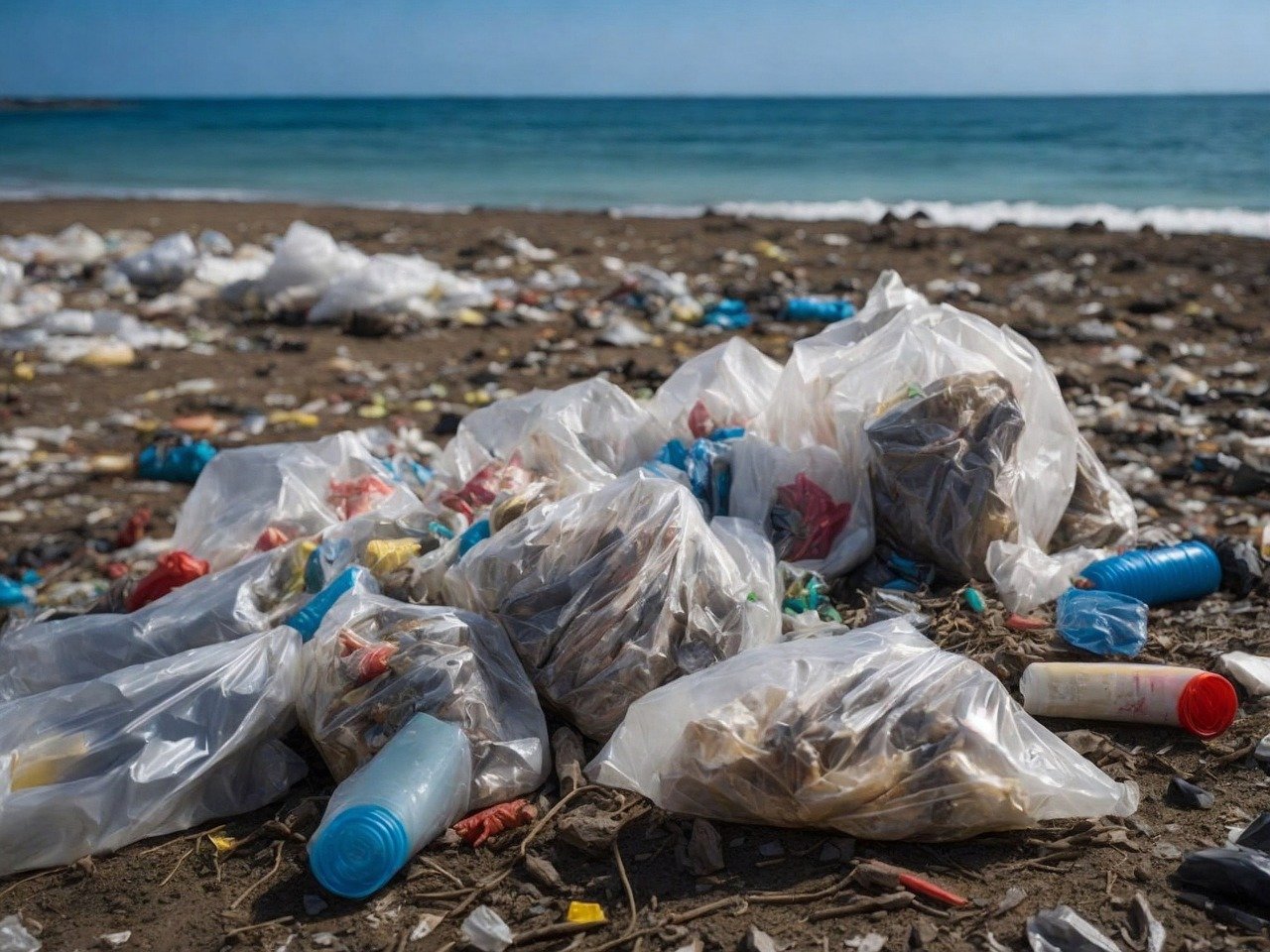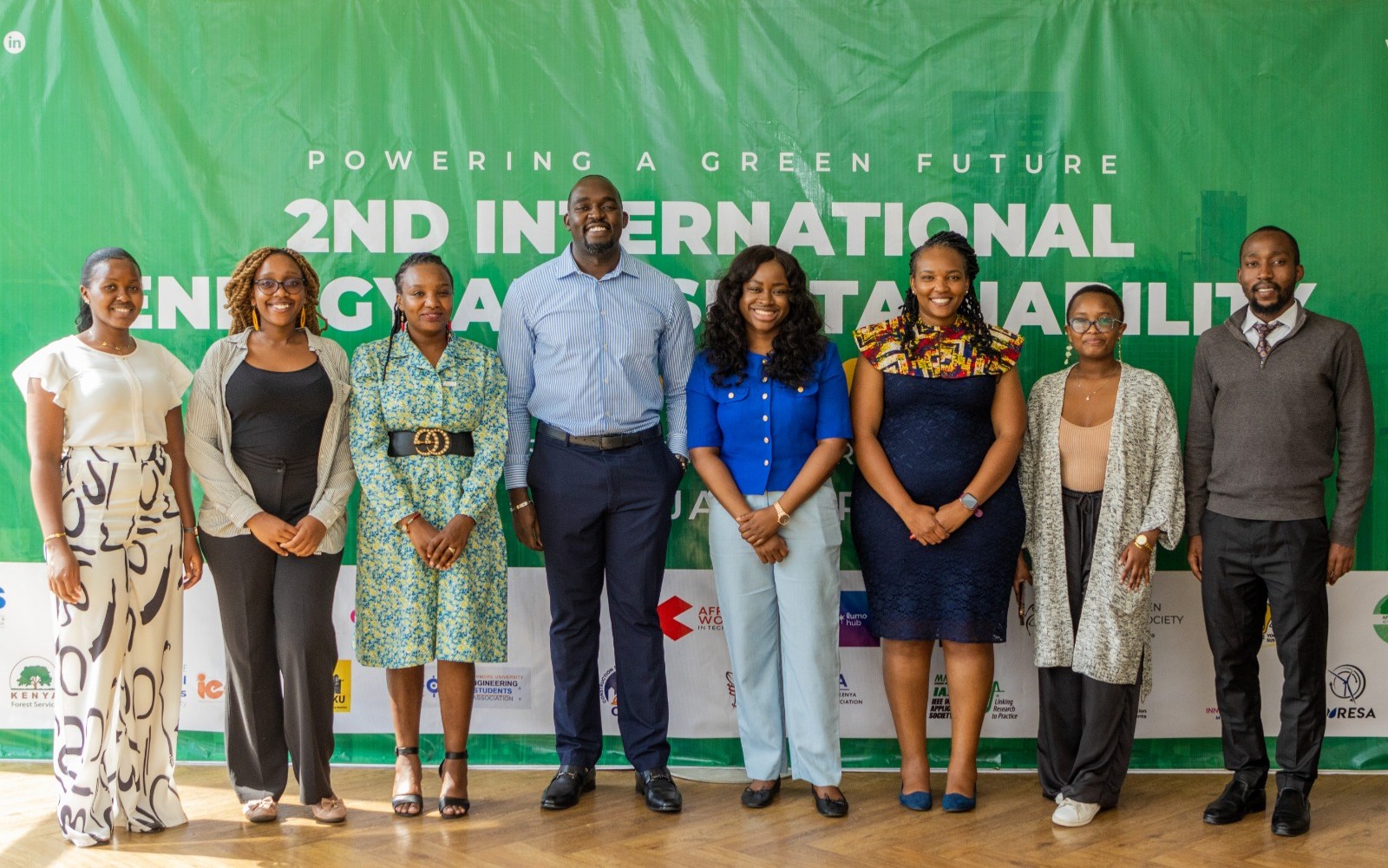Recently, I spoke to youth in Mombasa on the topic of green consciousness and why there is an urgent need to activate an Africa- led level of preparedness for the green economy, in order to position the next generation of jobs in and out of the African continent. Taking place on the backdrop of the fourth session of the UNEP Intergovernmental Negotiating Committee in Ottawa Canada, and as a precursor to the first National Green Jobs Conference in Nairobi, Kenya, this Green Jobs Summit in Mombasa allowed JLA to provoke thought leadership around the manufacture and use of plastics. The invitation was courtesy of the Swahilipot Hub and its partners at their inaugural Green Jobs Summit and was in recognition of Jacob’s Ladder Africa’s (JLA) role in activating thirty (30) million jobs in Africa by 2030. As part of this Summit, JLA was recognized for the work being done in promoting innovation/entrepreneurship, social/economic development, and plastic waste management in Kenya at large.
While conferences and summits are important to develop local and international legally binding instruments on plastic production, use and pollution, including in the marine environments, it’s worth noting that these different strands now need to converge into a green economic agenda. This will be brought to life through diligent, action-oriented execution to address green job creation in Africa.
Given that most of the plastic consumed on the continent of Africa is manufactured in Asia, Europe or North America as part of consumables that are fuelled by a growing urban lifestyle, local policy makers now need to focus on creating sound green investment climates. The National Geographic publication on plastic production estimates that the global production of plastic is set to triple by the year 2050, which calls on plastics manufacturers to contribute to the growth of the green economy and subsequently, create green jobs. With this in mind, and noting that major manufacturing industry players are increasingly becoming green conscious, policy makers within municipalities and cities in Africa need to raise their level of green consciousness as a competitive advantage within the green economy. This advantage will converge around their approach on how to train, skill and create green jobs.
Inger Andersen, the Executive Director of the UN Environment Programme, stated that a single-minded approach to green consciousness in the plastics value chain will be found in “eliminating the uses that are problematic and avoidable.” In this regard, it is evident that we will continue to need plastic for specific uses, such as renewable energy technologies, and therefore this presents an opportunity for a unique green African investment climate and narrative. Moreover, while there is increased agreement that short-lived and single use plastic should be a thing of the past, it’s important for local communities to convene local action to determine sustainable alternatives that spur local economic growth. This local action will demystify the global biases around consumption, waste management, recycling and reintroduce the local intangible circular economies that have been a part of African heritage.






